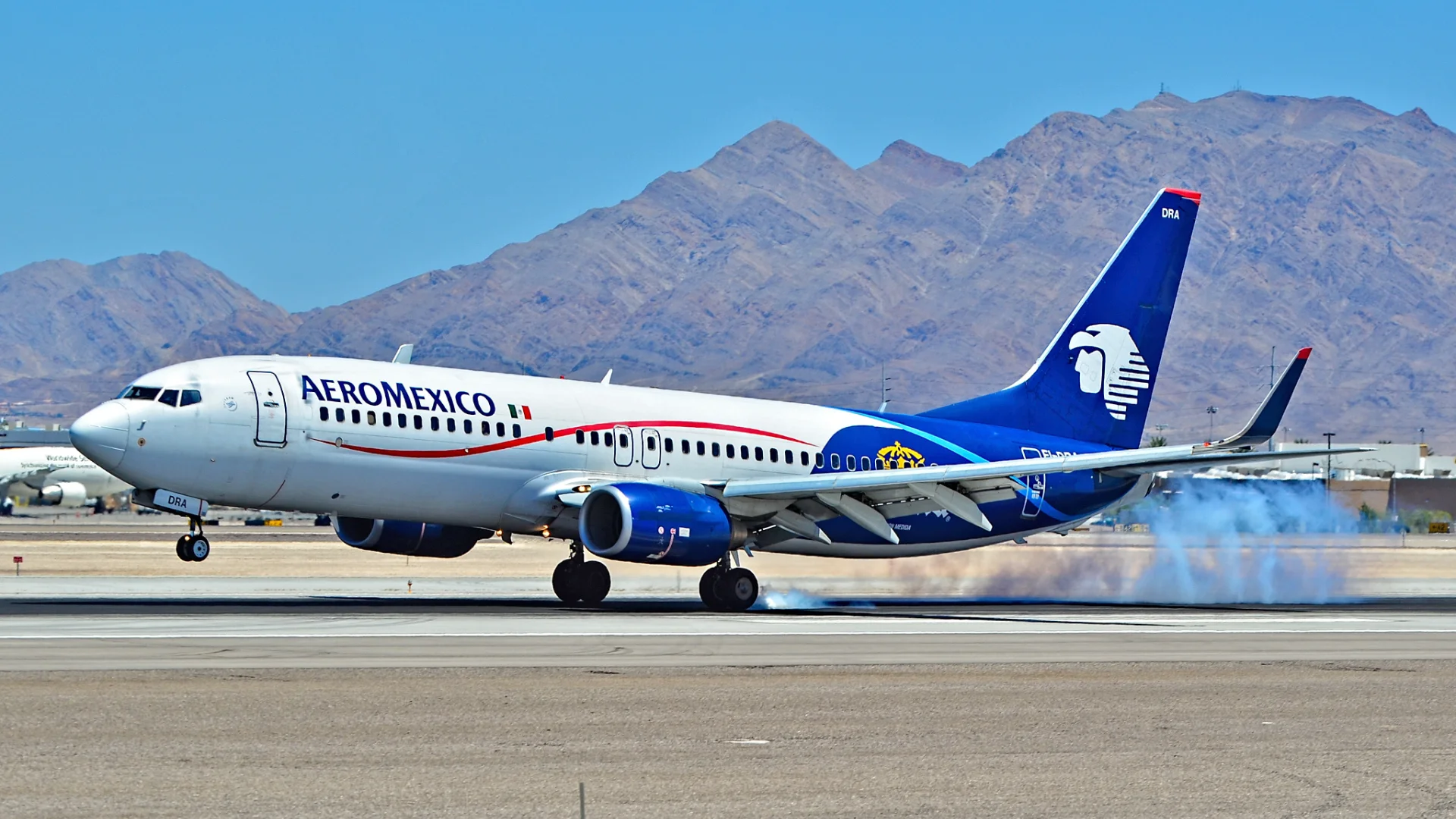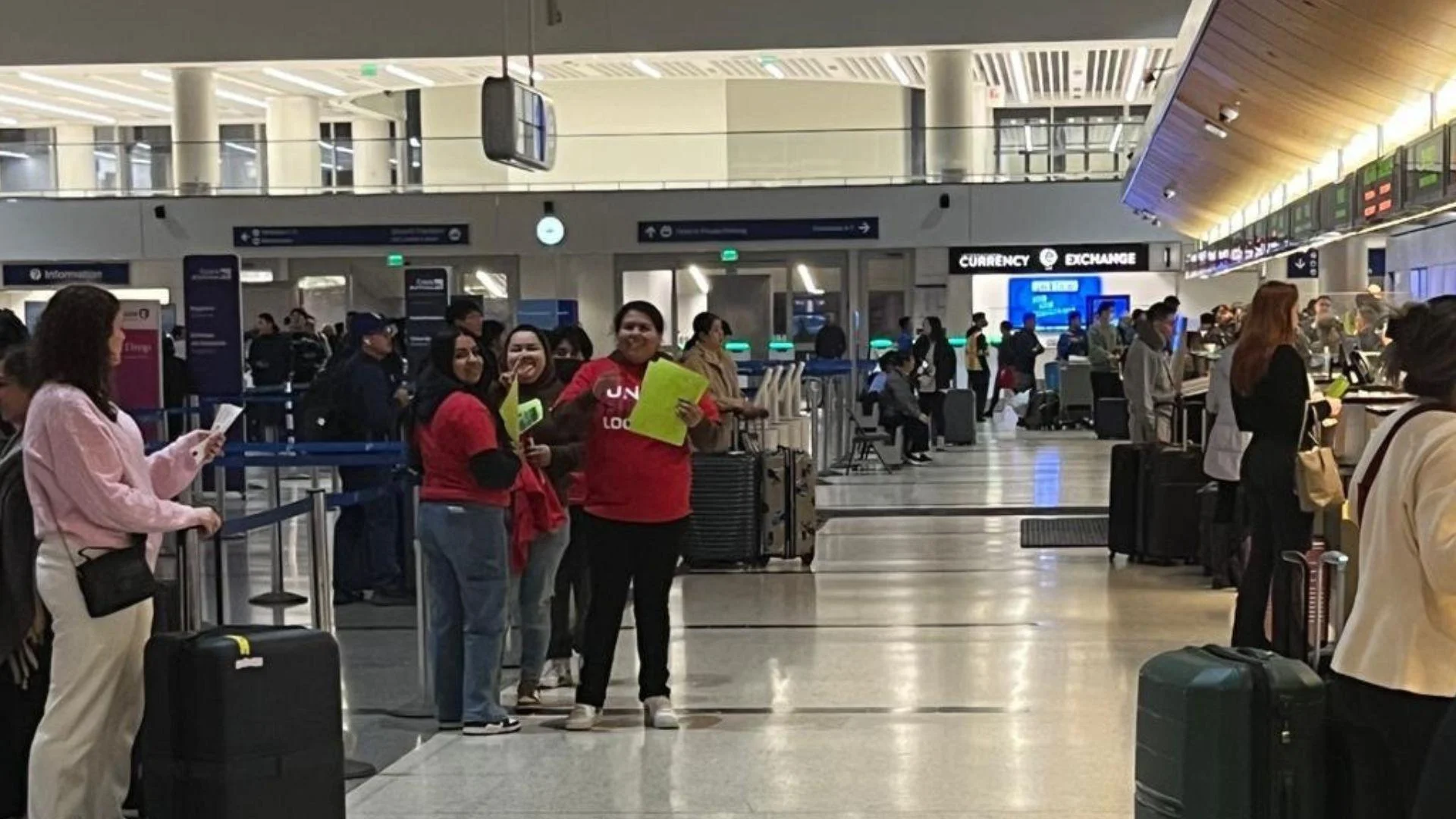Key concerns include reduced capacity at Mexico City International Airport, where hourly aircraft movements were cut from 61 to 43 between 2022 and 2023. There are also allegations of restrictive slot allocation practices that limit access for US airlines, as well as an order in 2023 requiring cargo operations be moved from Mexico City International Airport to Felipe Ángeles International Airport, located about 30 miles away.
The DOT report stated: “The practices of Mexico’s government have limited entry and expansion by certain carriers, and thereby undermined competitive conditions, thwarting open market access on routes between Mexico and the United States. The current market conditions have in effect removed the necessary preconditions for the consideration of an antitrust immunity application or continuation of an existing immunized joint venture.”
Delta has strongly opposed efforts to end its partnership with Aeromexico, calling regulatory moves by DOT and DOJ “unprecedented regulatory overreach” that penalizes airlines, employees, and travelers due to intergovernmental disputes. The airline points out that its joint venture controls only about 20% of total seat share in the US-Mexico market—less than American Airlines’ share—and argues that ending antitrust immunity would harm hundreds of thousands of passengers each year, put nearly 4,000 American jobs at risk, and cost $800 million immediately.
“There are other, superior measures available to remedy the situation with the Government of Mexico, without harming the US economy. The Department should pursue those alternatives,” said a Delta spokesperson.
Currently, Aeromexico operates most flights from Mexico City to US destinations but faces competition from Volaris, American Airlines, Delta itself (with six routes), United Airlines, and Viva Aerobus on various city pairs.
A tentative deadline for terminating antitrust immunity has been set for October 26, 2025. Delta has requested an extension beyond this date while preparing potential legal challenges if negotiations fail. The final decision rests with DOT; however, support from DOJ increases chances that immunity could be revoked.
Broader implications may follow as DOT is examining wider issues around airline competition in the United States. This includes looking into mergers, airport access policies such as slot allocations at congested airports like Mexico City International Airport, as well as other transatlantic or transpacific joint ventures between major carriers.
 Alerts Sign-up
Alerts Sign-up




































